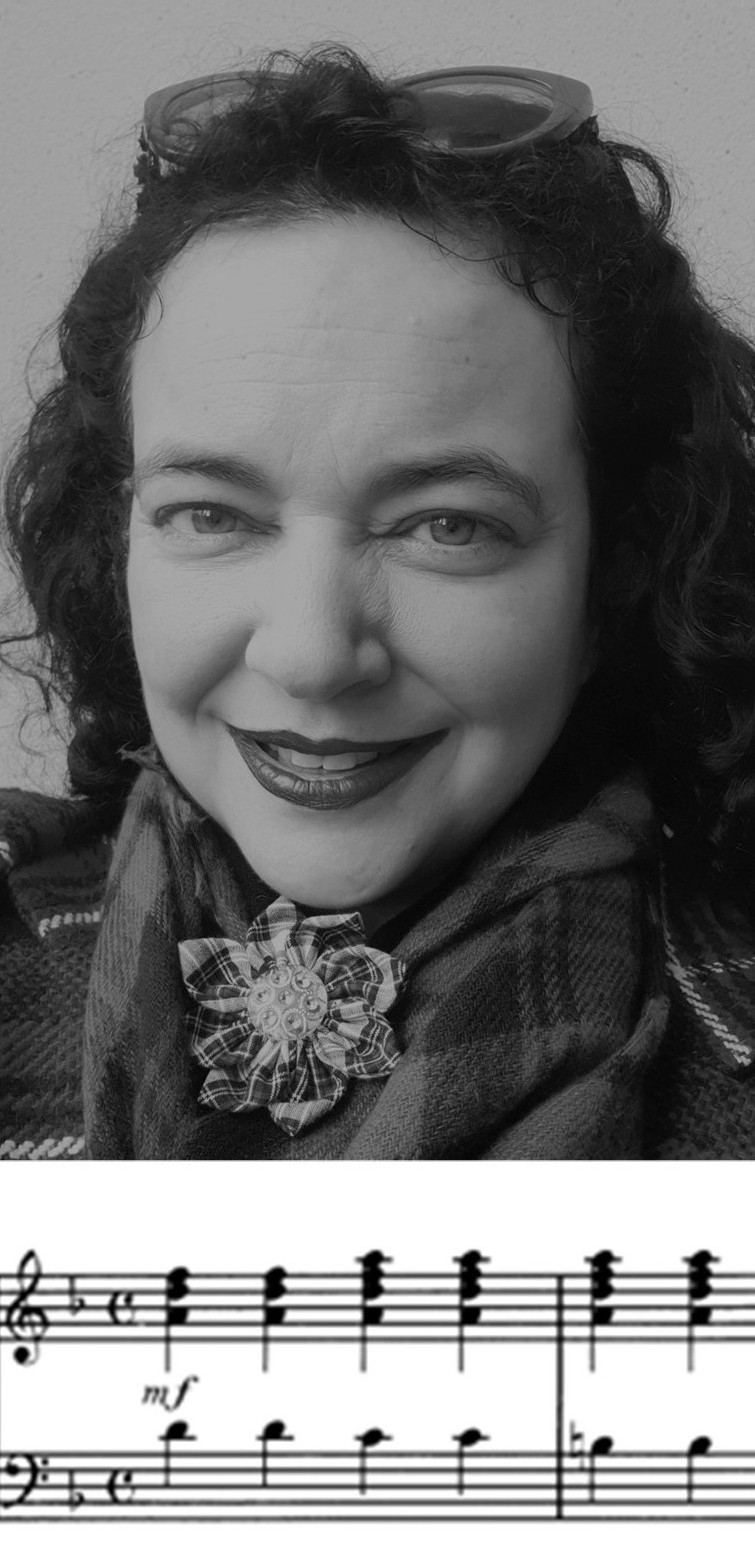Those who have been hardest hit by Class 1 NICs deducted from ad hoc session payments will already know from me that HMRC are stopping this treatment. From this April this should remove the need to sign up as an ’employee’ of an organisation you might work for for as little as three hours. Some freelance performing work may still be subject to NI at source: where this happens, please keep a note of which fee this related to. We declare the gross amount (before NI was taken off) in your accounts and can usually get credit for the NI deducted in your tax return, to limit other NI you pay.
Coding problems
For clients with salaries or fees paid under Pay As You Earn (PAYE), with tax deducted, I have noticed problems during the last year in several cases either with incorrect tax codings or with correct codes not applied properly. This has meant in two cases that most of the earnings are kept in tax when they shouldn’t be. This gets corrected eventually through the tax return if left, but this is not a practical solution if it involves a large proportion of a client’s income.
Some problems seem to have been caused by employers moving to ‘Real Time Information’. Where you do work paid through a company’s payroll, please check any payslip carefully. If there is any change to your coding, or if the amount you receive is very different from what you expected, do let me know. It can take a while to sort out but I will do anything I can to help.
Tax-return information for 2013 returns
Please get information to me as soon as you can now for the 2013 tax return, due in with payment to HMRC by 31 January.
New for this return are questions for anyone whose household received child benefit between January and 5 April 2013. Please check the amount received, even if it was not paid into your own account.
Thank you.
Child Benefit
On the 2013 tax return, all taxpayers need to show whether they or their partner/spouse received child benefit up to 5 April 2013. For those families who did, there are then further questions, including one relating to the income of your partner/spouse. I’ll therefore be asking all my clients with children the questions to check whether they will need to pay the ‘higher income’ child benefit charge.
Budget Day 20 March 2013
I am adding information from today’s Budget (from the Budget Press Releases rather than the Daily Mail) most likely to be relevant to my clients. I am also updating details of the information I’ll need for your 2013 tax return. Please see Budget News and 2013 Tax Returns tabs above. Anyone wanting particular advice on action to take before 5 April 2012, do contact me – but any changes meaning that urgent action is advisable, then I’ll be in touch with individual clients affected.
January Income Tax Payments
If you are expecting to pay tax in January but have not received a statement, the tax is still due to reach HMRC by January 31st. I am able to see statements online, so please ask me what you need to pay if you are unsure.
The method of payment I recommend is the online system BillPay, using debit card (you can use credit card, with certain charges added). If you select *Pay Income Tax Online* on the right, this will take you to BillPay. You need your 10-digit tax reference (UTR) and payment card. Payments via BillPay count as received by HMRC the moment you finish the transaction, but it takes a few days for a confirmation to be sent from Santander, or to show on the tax offices’ computer system.
If your bank or building society offers the ‘Faster Payment Service’ (FPS), HMRC can now accept payments made this way. Under FPS, payments up to a certain limit will reach their destination by the end of the next banking day at the latest. Once afternoon banking has finished on 26th January, the only quick way to make certain payment reaches HMRC in time is BillPay. You can ask your bank to set up a CHAPS same-day payment but not all banks necessarily offer this and there is usually a fee.
HMRC does not now take any payment by phone.
I suggest that clients avoid paying by cheque if possible. HMRC do not count cheque payments as received until the cheque has been presented and funds have cleared. Any cheque payment should therefore be sent special delivery (not recorded) to arrive by 25th January at the latest, and proof of posting kept in case of delays. If you want to pay by cheque over the Post Office counter, you will need a statement from HMRC with a payslip.
Anyone finding they are unable to pay all their tax on time should ring HMRC once the return has been submitted but before 31 January, to request to spread payment. There are details to the right if you click on ‘Problems paying…’ HMRC will often allow payment over a few months, but do charge interest, so it is worth considering whether borrowing from a bank or another source would be less expensive.

